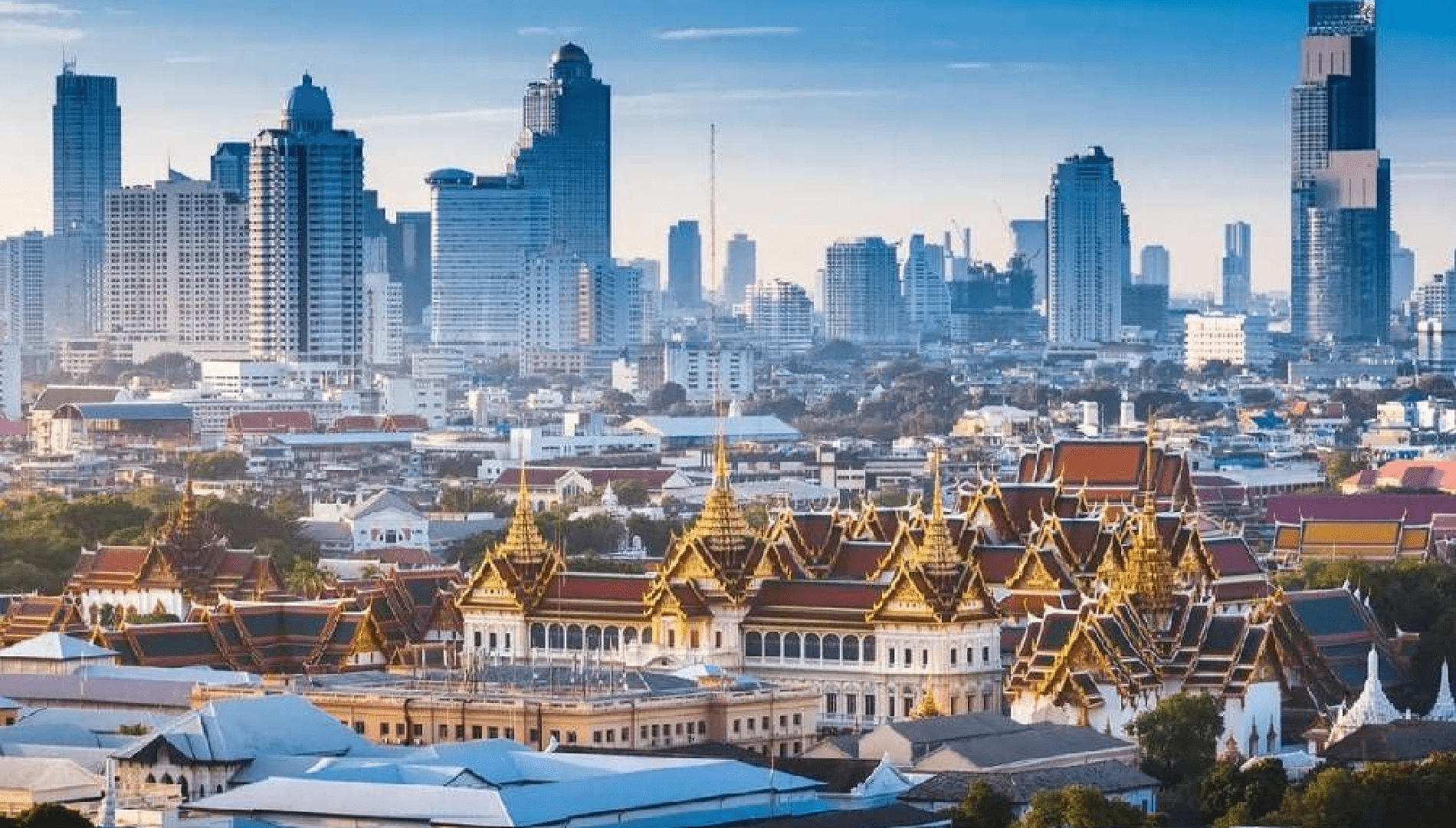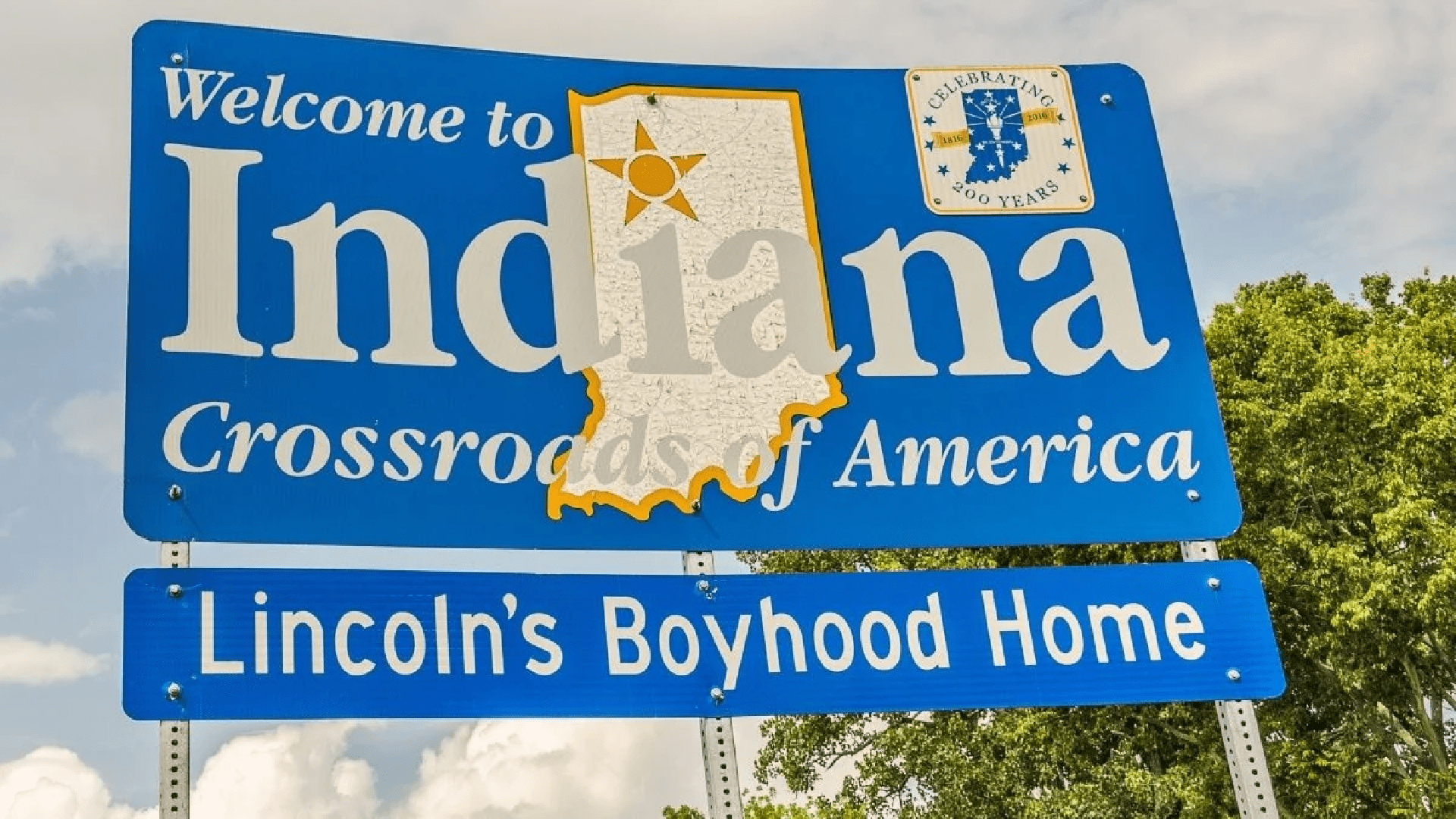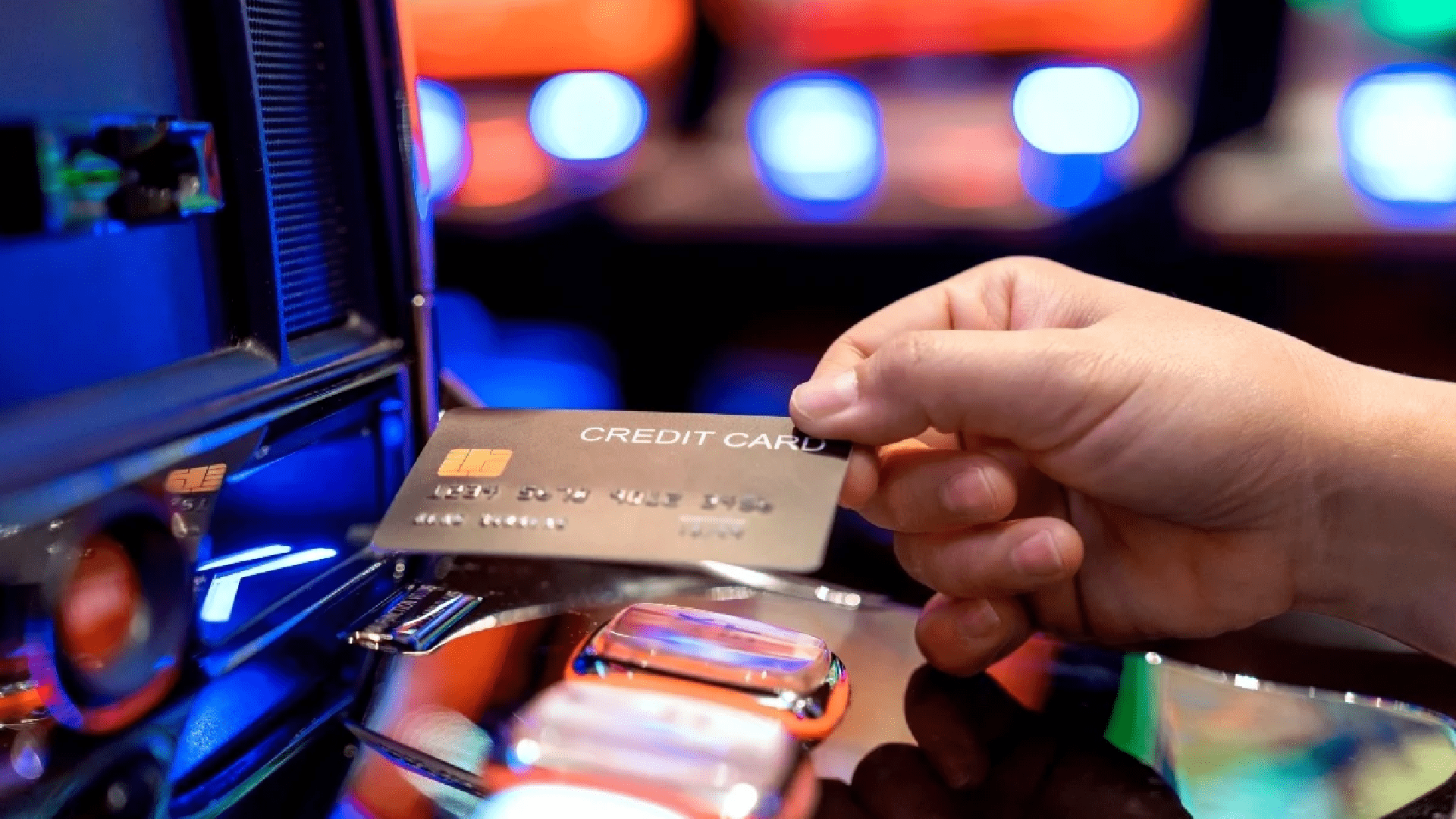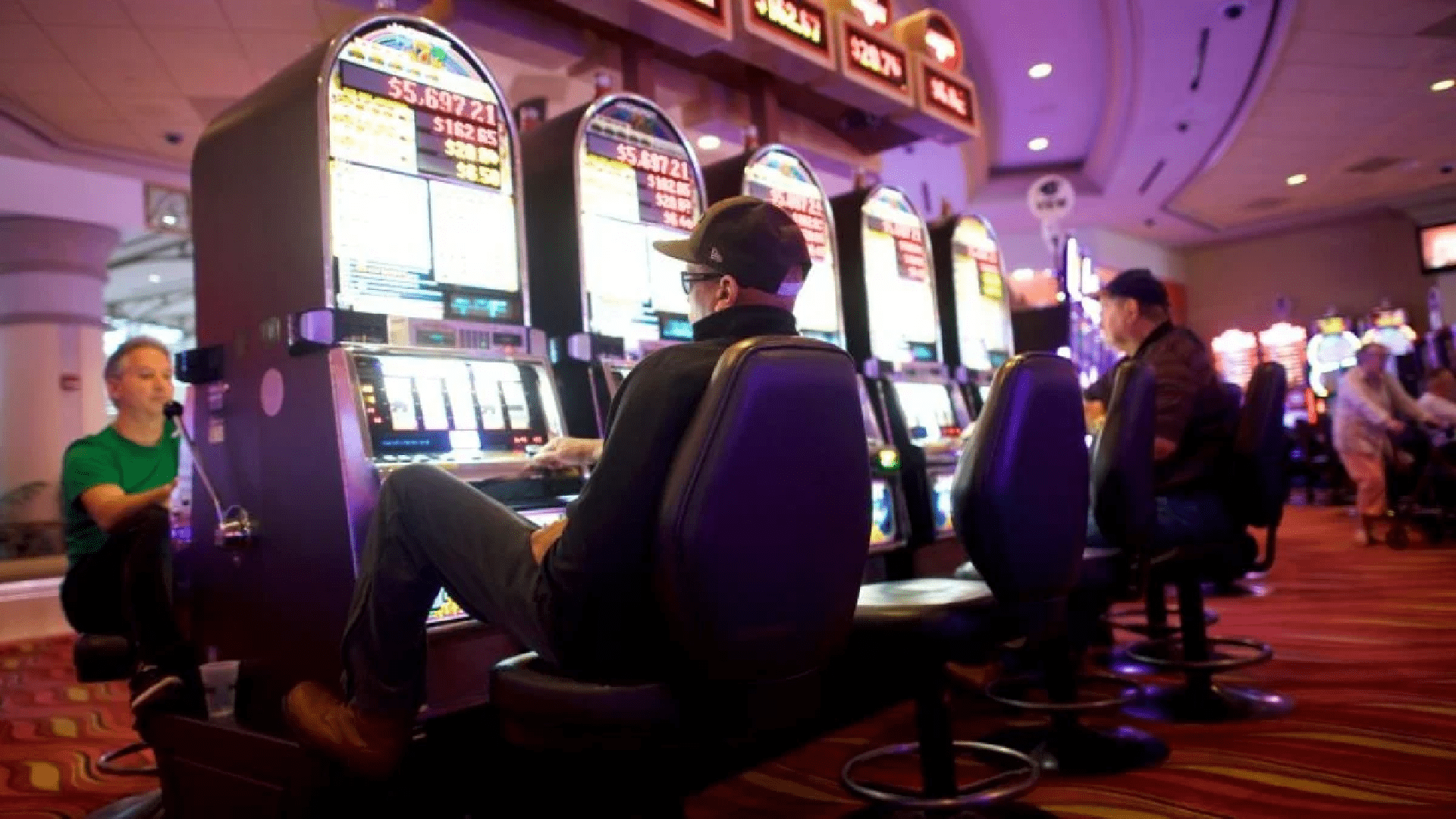
If Thailand Legalizes Gambling, Casinos Won’t Need to Look Far for Gamblers
The Pheu Thai, Thailand's ruling political party, is still pushing for the approval of casino resorts.
If slot machines and table games were introduced to the almost 66 million-person nation in Southeast Asia, the vast majority of the players would probably be Thai, according to new study released this week by a special House committee.
The cabinet was informed by the committee led by Deputy Finance Minister Julapun Amornvivat that approximately 90% of casino patrons would likely be citizens of the country.
The study made use of data analytics centered on Macau, a Special Administrative Region of China where six casino operators claim that locals and visitors from the mainland make up roughly 90% of their customer base. The Thai House committee came to the conclusion that its own casino resorts should anticipate a similar prognosis using those metrics.
Regional Emphasis
The study group used the assumption that 10% of Thai adults between the ages of 18 and 75 who do not possess a national welfare card and are thus eligible to visit a casino will do so. That would translate to almost 3.7 million individuals.
Based on the committee's assumption that 10% of Thailand's annual foreign visitor population, or 1.1 million tourists, would be eager to bet, the research concluded that the potential casino customer base might be as high as 4.8 million persons.
The committee feels that its estimate is cautious because studies conducted by the global gaming sector have shown that approximately 25% of adults bet globally. Additionally, Asian societies have historically been more inclined to gamble than cultures in other regions of the world.
Currently, the only gambling options available in Thailand are state-run lotteries and horse racing wagers. But there is a lot of illegal gambling in Thailand, such as sports betting rings and underground casinos.
Prime Minister Srettha Thavisin resigned earlier this month, and her replacement, Prime Minister Paetongtarn Shinawatra, continued Srettha's belief that legalized casinos would end illegal gambling, boost Thailand's economy and tax revenue, and boost tourism.
Amidst political pressure to hire Pichit Chuenban to work in his office, Srettha resigned with effect from August 14. In 2008, Pichit was imprisoned for trying to buy off Supreme Court justices.
Casino Information
The specific rules governing casinos in Thailand will be decided by Paetongtarn's Entertainment Complex Policy Committee in the event that the Senate votes to approve the initial allocation of up to five resorts.
Although the regulatory committee is still accepting public comments, it has previously suggested that casino operators be charged a five billion baht (US$150 million) license fee, which is renewable for one billion baht each year. The minimum validity period for licenses would be 30 years.
The committee suggests that the total area of each resort's casino floors should not exceed 5%. The Entertainment Complex Policy Committee has recommended that entry fees for gambling by locals, or Thai residents, not surpass 5,000 baht, or roughly $150.
Based in Las Vegas Wynn Resorts has made its interest in Thailand known to the public. Wynn is still very much invested in Macau and is building Wynn Al Marjan Island in the United Arab Emirates, so it is still bullish on foreign investment.








